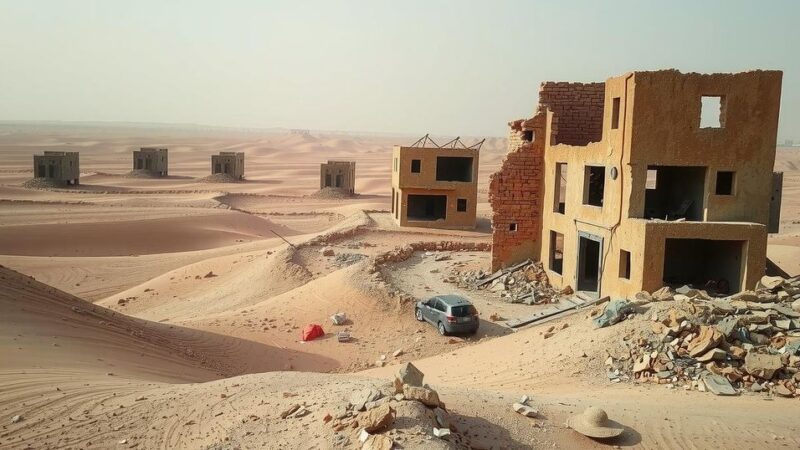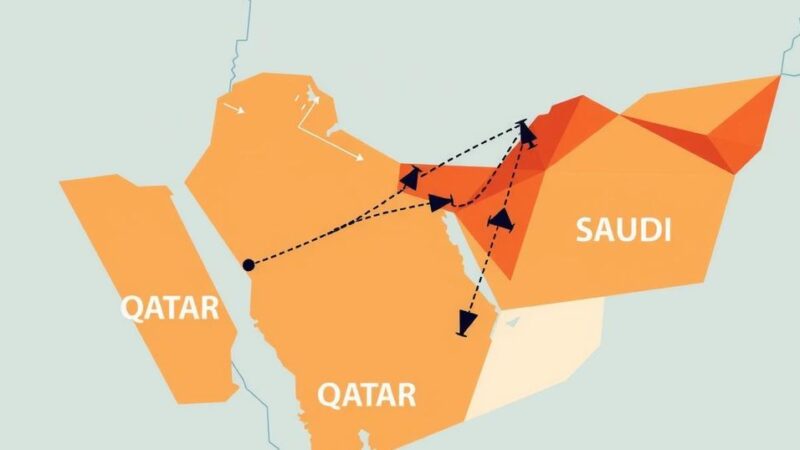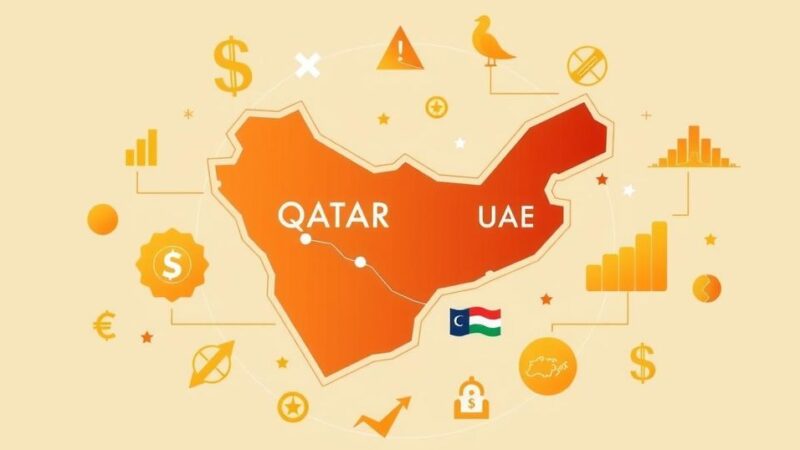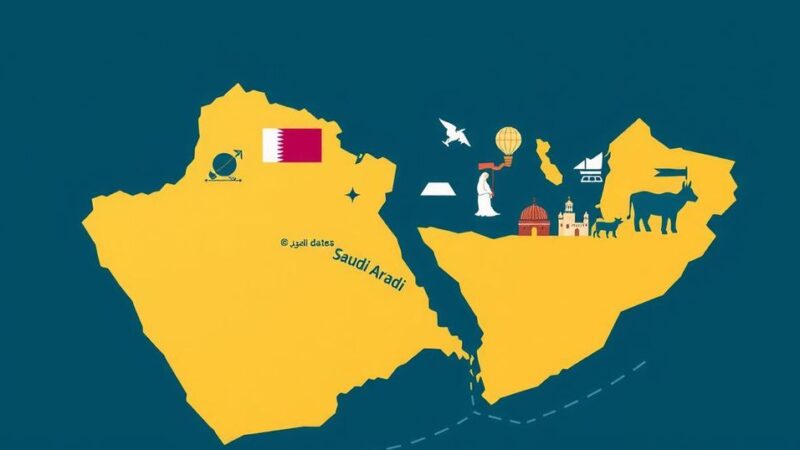Syria’s interim President Ahmad al-Sharaa faces the dual challenge of addressing sectarian violence while pursuing diplomatic efforts to unify armed factions. Following violent clashes, a landmark agreement with Kurdish-led forces marks a crucial step toward consolidation. However, analysts warn of persistent risks of civil conflict and the need for strong governance to establish trust among diverse communities.
Syria is experiencing both peril and promise as it navigates through violence and diplomacy. Following the toppling of former autocrat Bashar Assad, interim President Ahmad al-Sharaa, previously the leader of a rebel group, faced the challenge of unifying the country after a decade of civil war. A recent surge in sectarian violence highlighted the urgency for effective governance and reconciliation between diverse communities. Analysts express concerns that without concerted efforts towards unity, the risk of civil war or partitioning along ethnic lines remains significant.
In the tumultuous week preceding the current diplomatic developments, intense clashes between Syrian security forces and Assad loyalists culminated in revenge attacks that claimed hundreds of lives, predominantly among Alawites. However, government reinforcements managed to restore order, and by Monday, al-Sharaa had reached a pivotal agreement with Kurdish forces in the northeast, aiming to merge their factions with the new national army. This historic pact represents a critical step towards consolidating the fragmented factions that had formed during previous conflicts.
Despite the announcement of unity, many armed factions remain independent and continue to operate under their original leadership, limiting the development of a cohesive military under the new regime. Observers note that the Syrian government’s reliance on a mixture of undisciplined factions to combat loyalist militants exacerbated the violence and presents ongoing challenges to consolidating authority. The recent clashes may have inadvertently prompted the Kurdish-led Syrian Democratic Forces (SDF) to agree to integration with the national army, as both sides sought to bolster their positions amid growing tensions.
International dynamics played a significant role in facilitating this development, with the United States and Turkey encouraging the unification of forces. U.S. officials indicated that Turkey’s support was essential for reaching the agreement, which, while not formally stipulated, included certain assurances regarding the removal of foreign fighters aligned with the PKK. Turkish President Erdogan emphasized that the agreement aims to ensure security and peace in Syria moving forward.
Nevertheless, the new Syrian government confronts multiple hurdles. Israel has claimed territories in southern Syria under the guise of border security, while international sanctions impede economic recovery. The lingering fear among Alawite communities and other minorities threatens cooperation with the interim government. Acknowledging this apprehension, experts assert that swift and decisive actions against violence perpetrators are vital to rebuilding trust and moving toward a unified, stable Syria.
The recent developments in Syria illustrate a complex interplay between escalating violence and the potential for diplomatic progress under interim President Ahmad al-Sharaa. While the unification of armed factions represents a significant move towards stability, challenges persist, including the need for accountability and the restoration of trust among the affected communities. Ultimately, the success of the new government will depend on its ability to implement effective governance, counter sectarian divisions, and foster a comprehensive approach to rebuilding the war-torn nation.
Original Source: apnews.com






